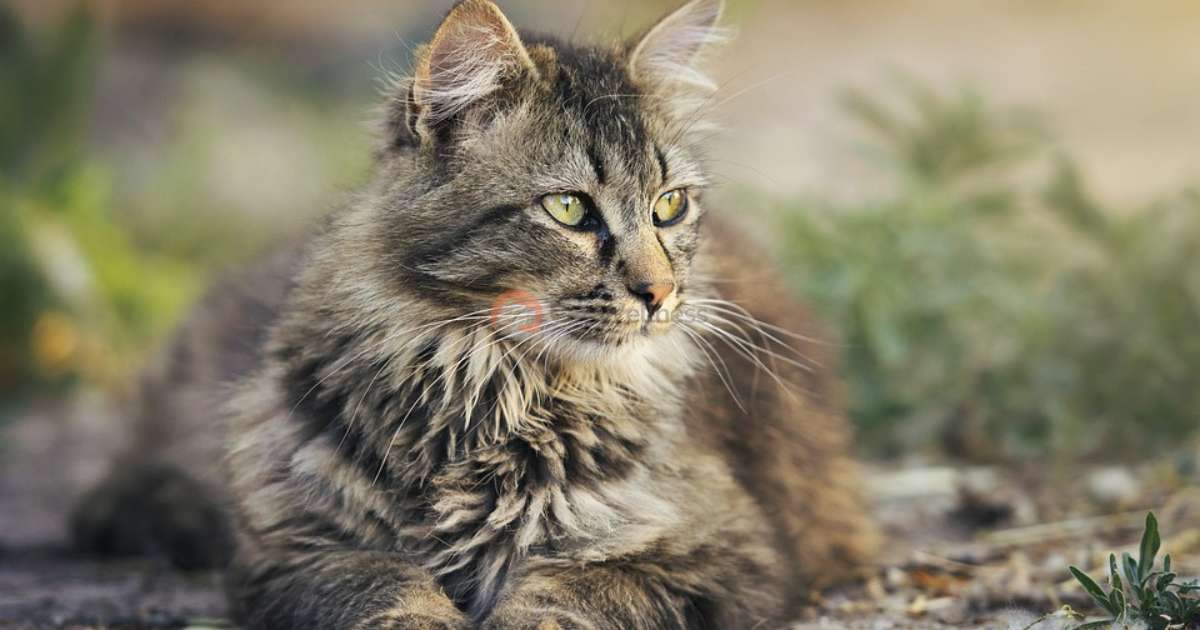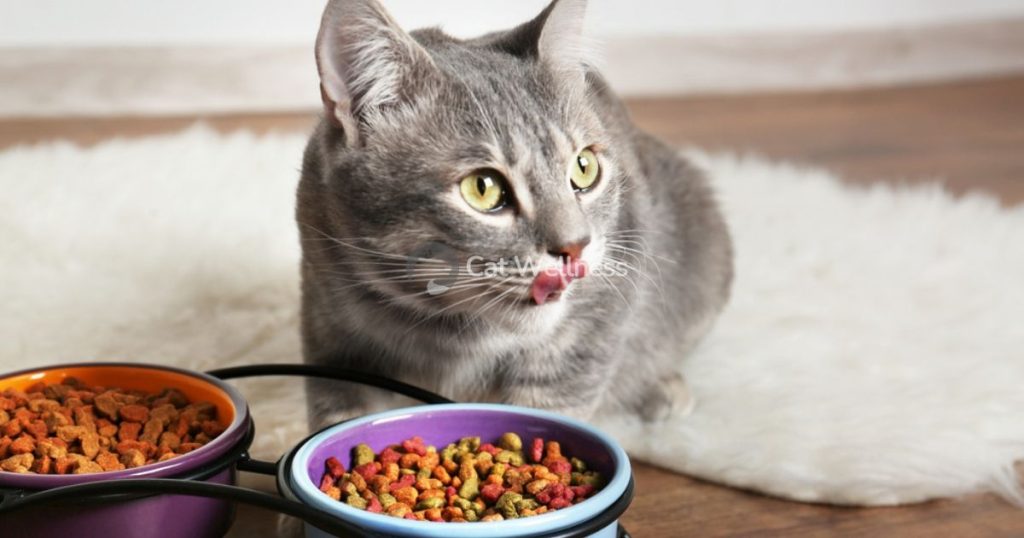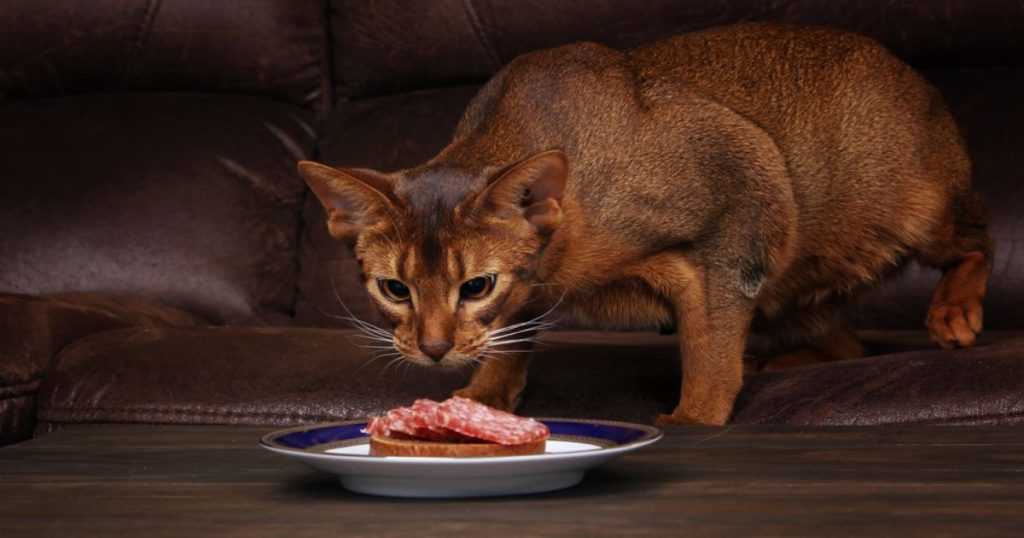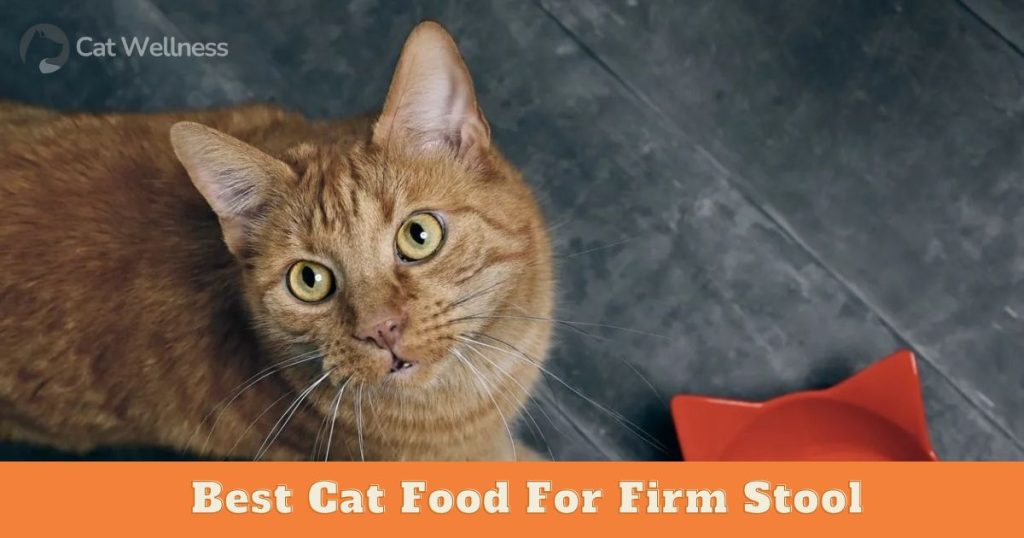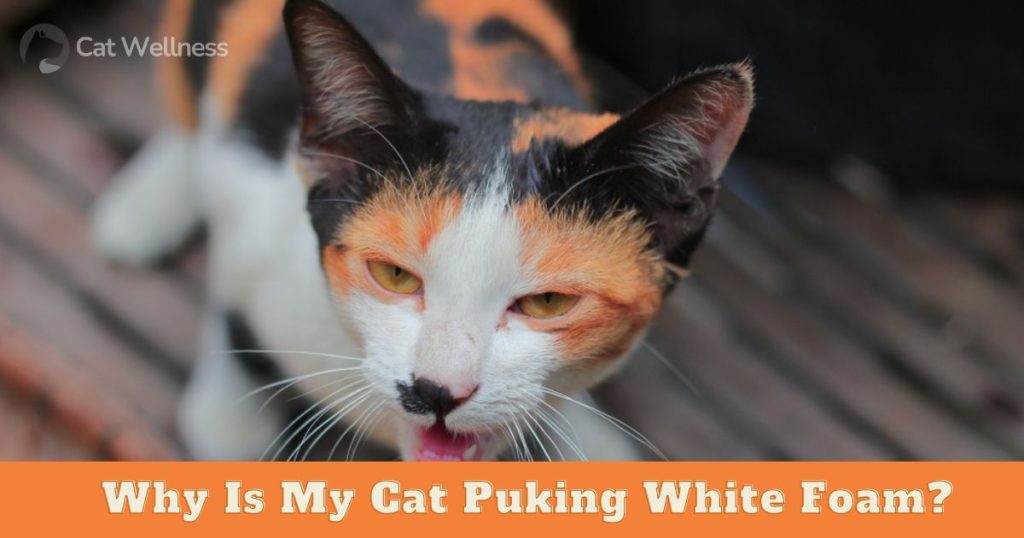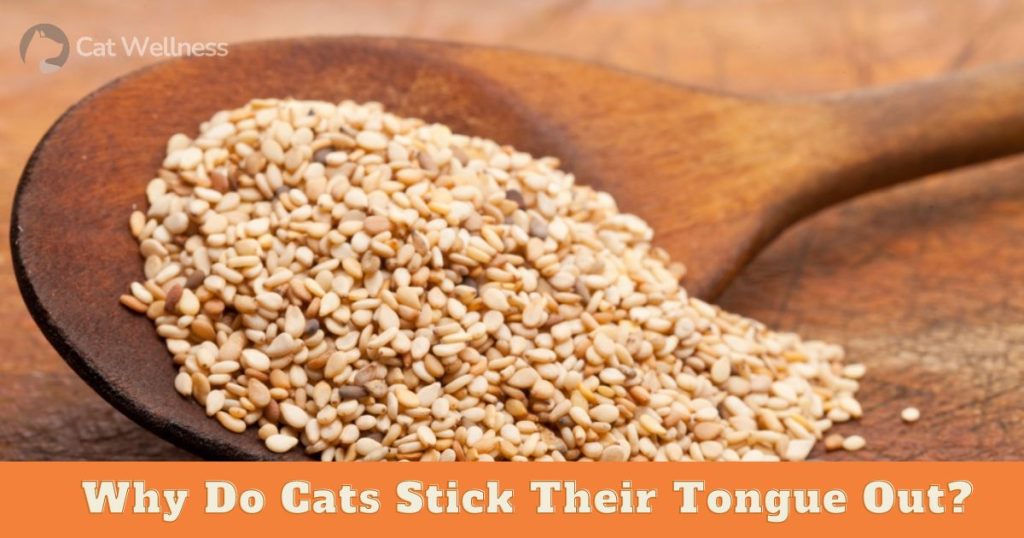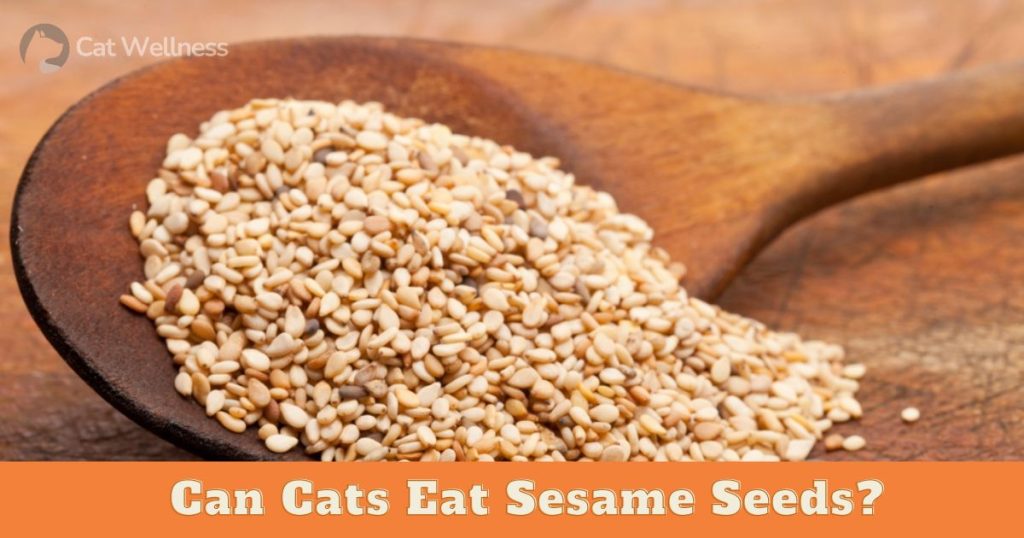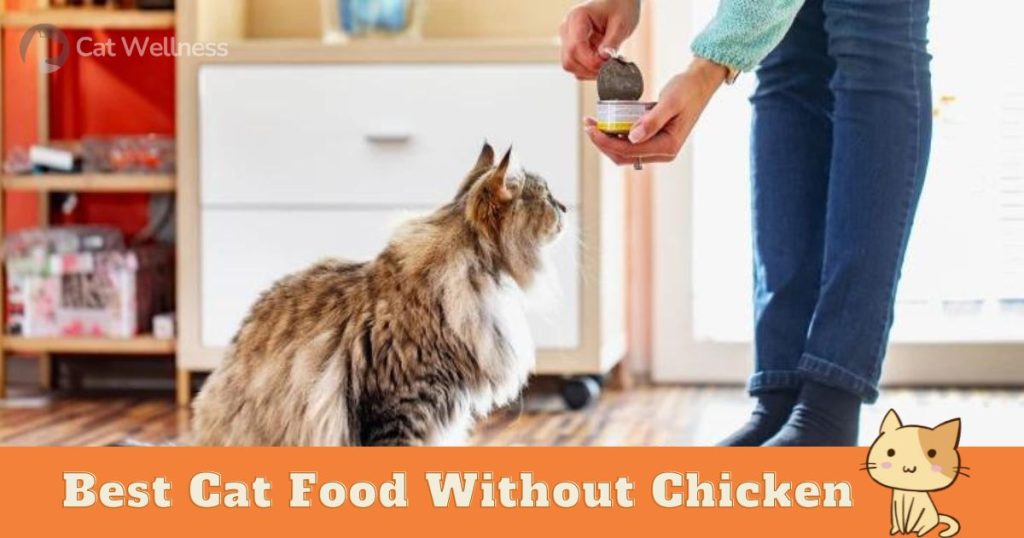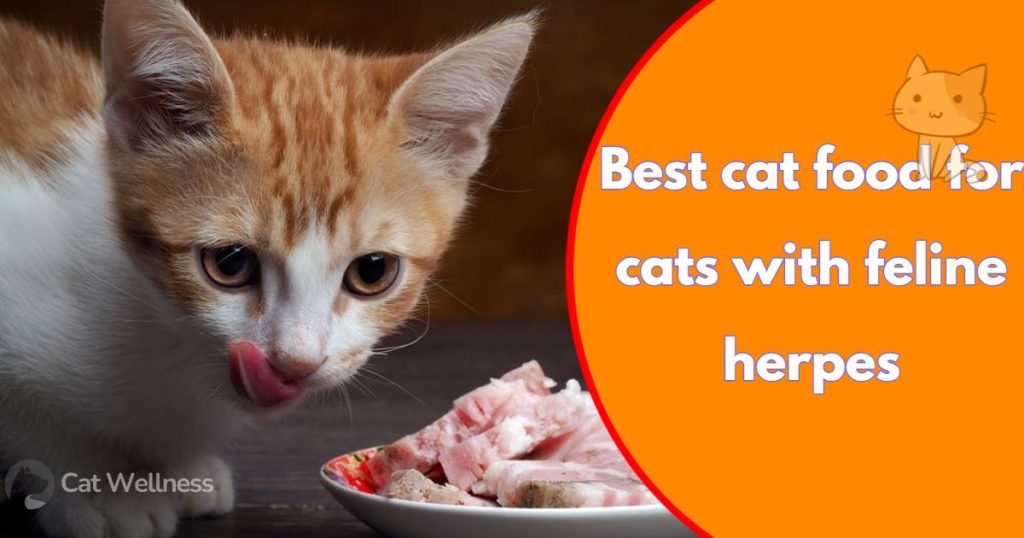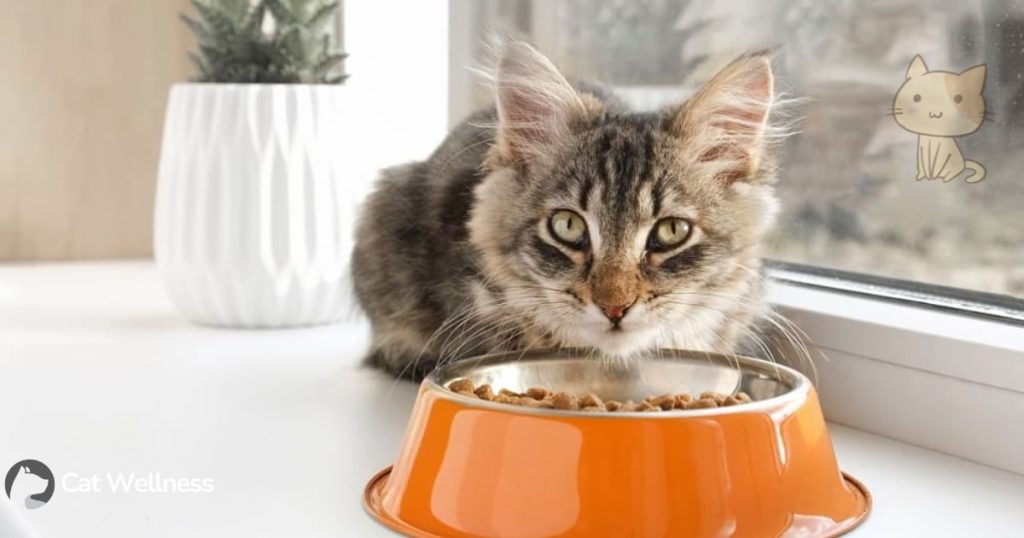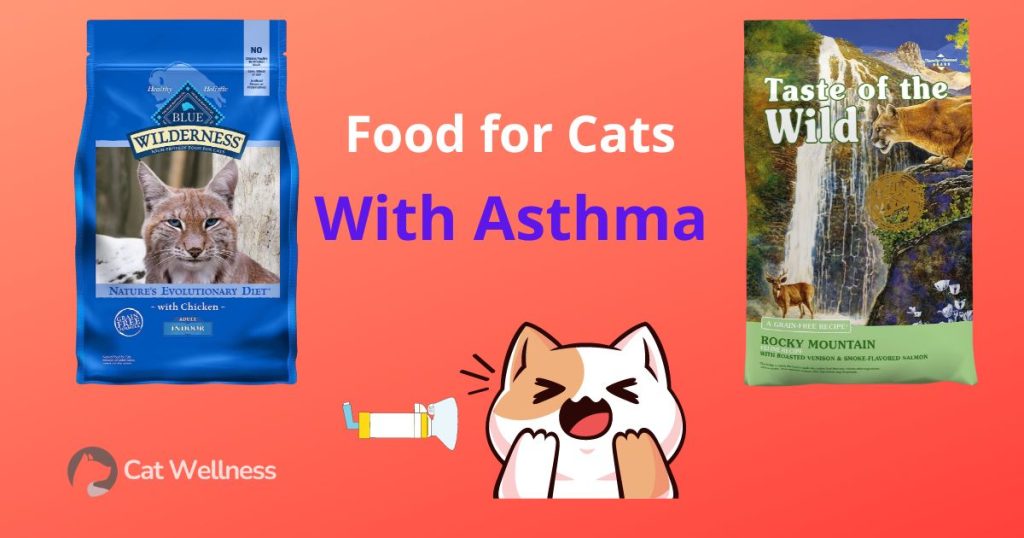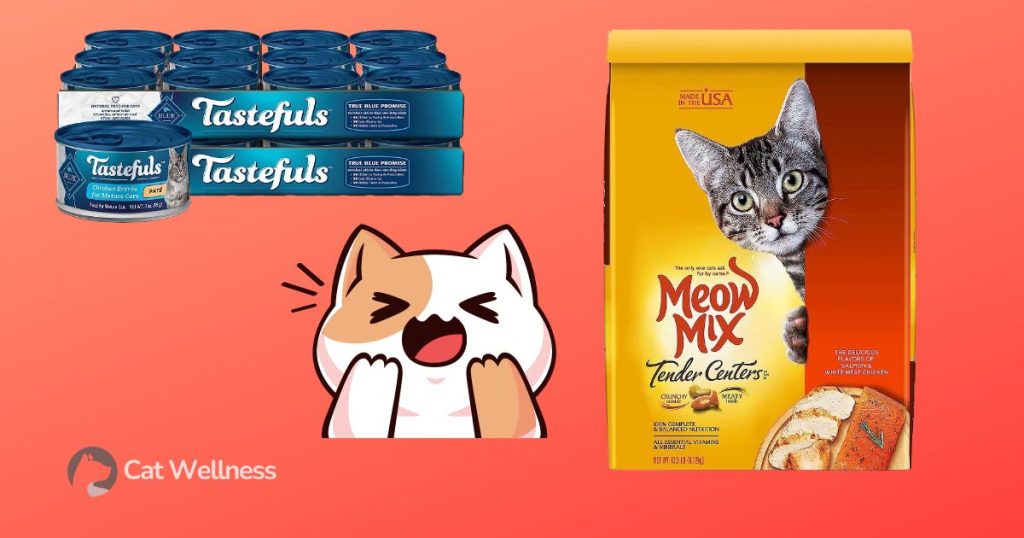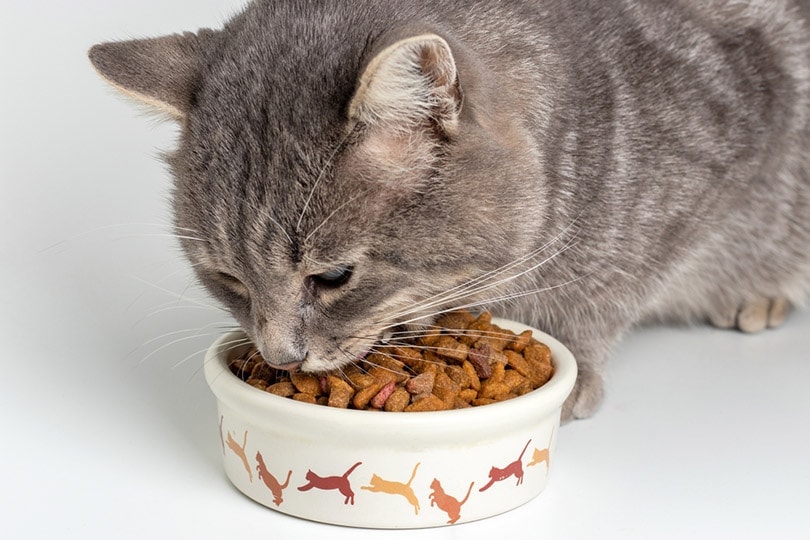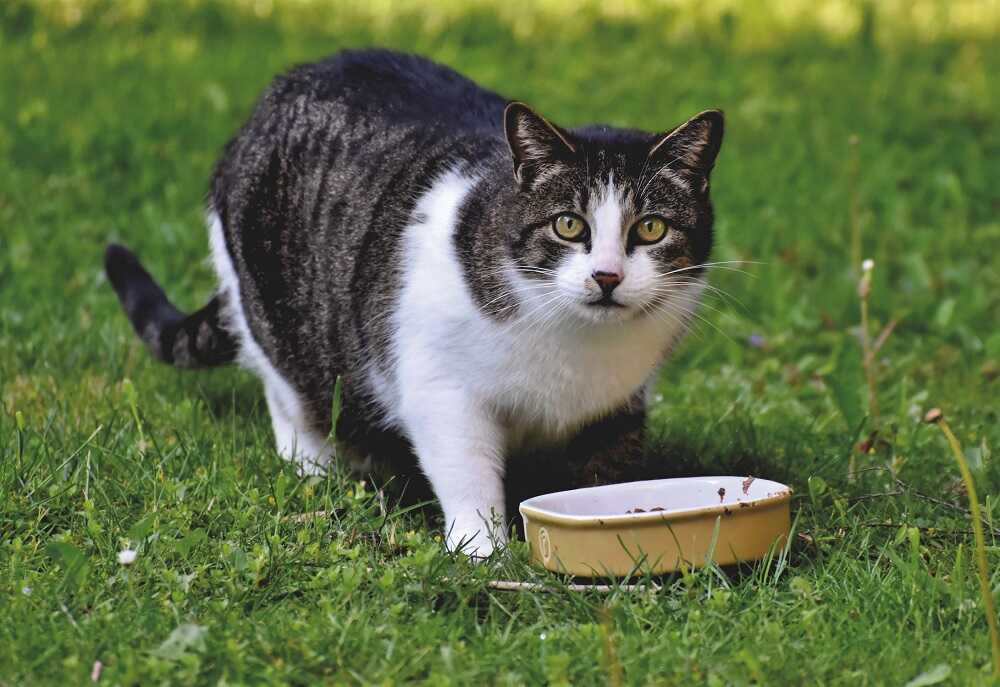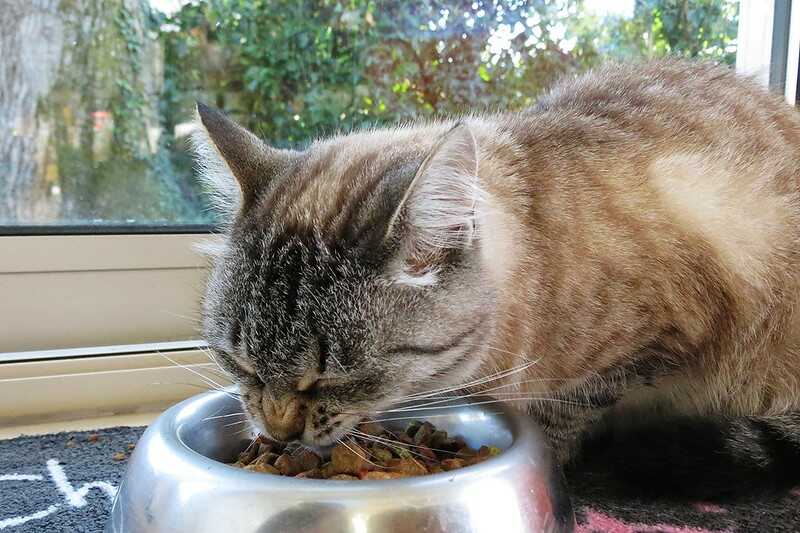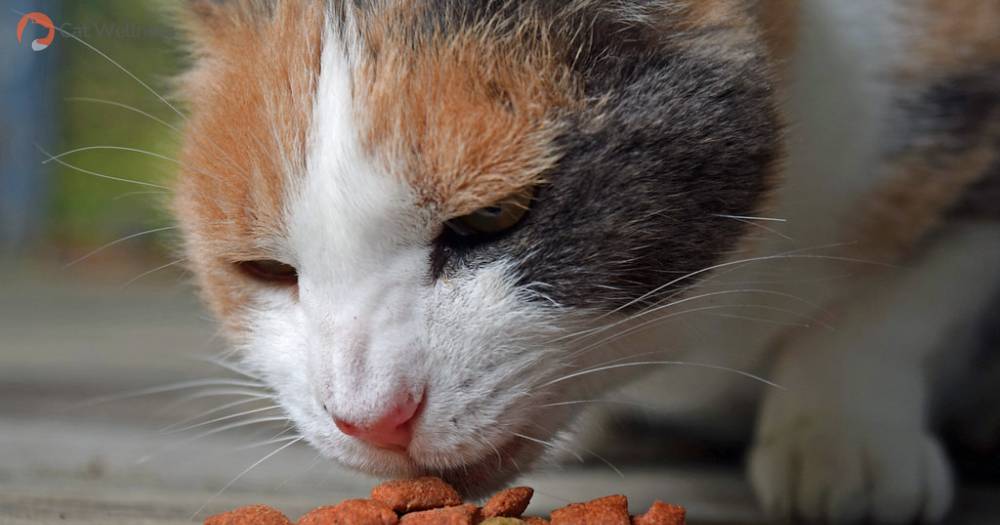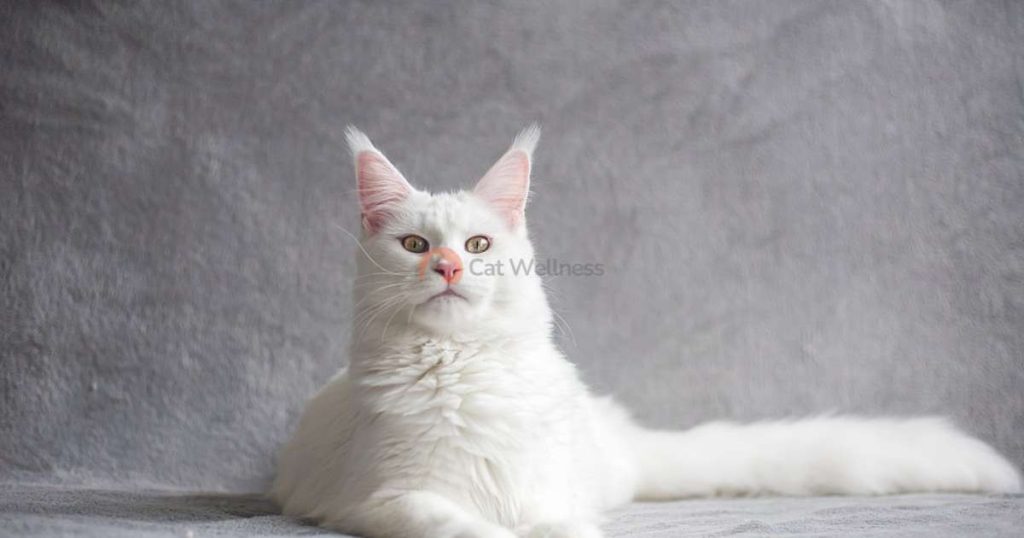Food is one of the most important things when caring for a cat. You have heard about the Royal Canin brand, and you think about “Is Royal Canin cat food hypoallergenic?” because of its popularity.
The answer is YES. The Royal Canin cat food is hypoallergenic. Because Royal Canin cat food is available, including those designed to help cats with skin allergies, you can easily find a suitable type for your cat and its health conditions. Keep reading to have more details.
Is Royal Canin Cat Food Hypoallergenic?
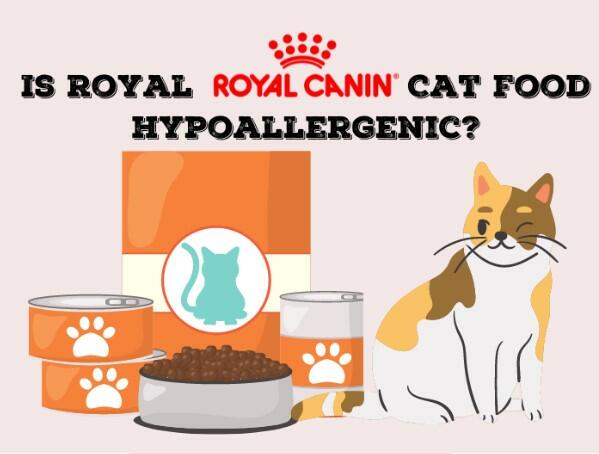
Is Royal Canin Cat Food Hypoallergenic?
Yes, the Royal Canin cat food is one of the most hypoallergenic types in the market.
French company Royal Canin makes high-quality pet food known worldwide. Pet owners all across the globe rely on and enjoy using this series of products. Products are produced using cutting-edge production lines and undergo extensive testing and research before hitting store shelves.
Royal Canin will have a product available for your cat no matter where it is in its life cycle, focusing on the specific nutrients it requires at that time. For instance, kittens may rely on Royal Canin Kitten since it’s formulated just for them and has ingredients that have been shown to boost immunity and promote healthy growth.
Additionally, Royal Canin provides distinct product lines for felines with unique medical needs. In particular, the low molecular weight hydrolyzed proteins in Royal Canin Hypoallergenic seeds ensure that they will not trigger an allergic reaction in your feline friend.
Related Post: How Good Is Fancy Feast Cat Food? Full Review For Cat Owners
Identifying Food Allergy Signs Of Your Cat
Allergies with cat food are associated with a poor prognosis since the symptoms don’t match what most cat owners would associate with problems caused by the cat’s food.
More than fifteen percent of the allergic reactions felines have are a direct consequence of the food they eat. Some pet owners may chalk their feline friend’s symptoms to cold or seasonal allergies. But, on the other hand, it might be an allergy to anything in their diet.
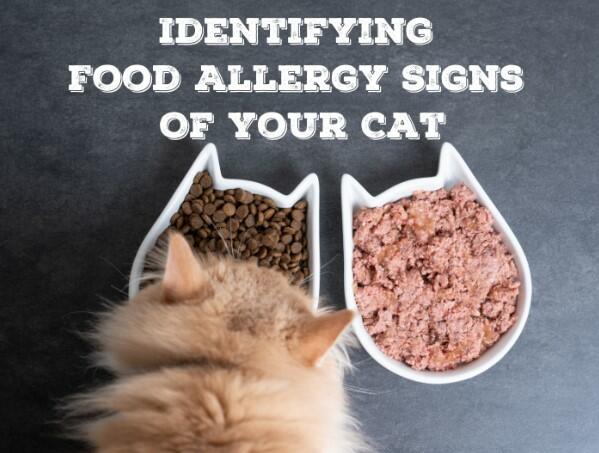
Identifying Food Allergy Signs Of Your Cat
Cats with food allergies may be hard to identify since you often need to eliminate potential allergens one at a time.
These allergic responses are common in cats who are sensitive to certain foods.
- Eruption of the skin (rash, sores)
- Scratching and biting the skin excessively
- Symptoms include diarrhea, coughing, and cramping bowels
- Alopecia or lackluster, brittle fur
- Problems with the skin and the ears
- Eye and nasal leakage
- Sniffling, coughing, or choking
If your pet shows any of the above signs, you should consider taking them to the vet.
Food Allergy in Cats: How To Diagnosis and Treatment
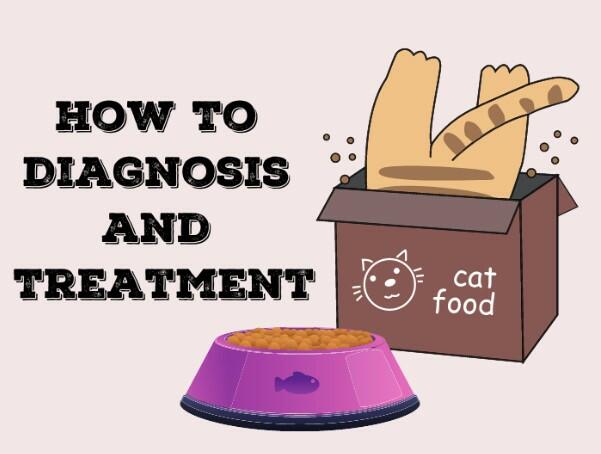
How To Diagnosis and Treatment Food Allergy in Cats
Related Post: Are Whiskas Good For Cats? – The Advisable Choices
Using A Food-free Trial To Identify Food Sensitivities
Food allergies are detected via elimination diets. These investigations take advantage of hypoallergenic or novel protein diets.
Eating that is hypoallergenic.
Hypoallergenic meals prescribed by a veterinarian are available. These diets are made using hydrolyzed proteins. They degrade chicken protein into atoms that are too small to elicit an immunological response. These diets are all processed, with just one being boxed. All of them include fillers and byproducts.
New protein-rich diet
Cats in a diet elimination test must consume unfamiliar proteins.
Conversely, varied food product diets make it more difficult to access new proteins. Mutton, bunny, or ducks are common ingredients in novel protein intake. Based on your cat’s diet, you may have to give it quail or rabbit.
Diet trial method
Both methods require two months of eating the diet plan. There will be no snacks or table leftovers unless they include just new or hydrolyzed protein. Many cat medications include chicken or beef flavoring, so examine the ingredients. If you utilize pill pockets, you must seek another manner to provide medication to your cat.
Food allergies in cats will respond to the exclusion diet around four to six weeks, but the investigation should continue for 12 weeks. If the trial is successful, cat caretakers should maintain the same food for their cats. Recurrent symptoms point to a food allergy. Many owners will not return their cats to the previous diet if they start to feel better. For cats, hypoallergenic or novel proteins are permanent.
Treating Food Allergies In A Holistic Manner
Cat protectors who prefer a natural method may utilize raw or home-cooked meals with unique proteins for such food removal trials or long-term solutions. Consult your holistic vet for the finest cat care. Anecdotes suggest that transitioning to a raw diet may cure food allergies without new proteins.
Homeopathic treatments might enhance the immune system’s ability to stop allergic reactions. Consult a homeopathic vet. Randomly selecting homeopathic treatments, particularly combinations, has poor outcomes.
Spirit Essences Skin Soother may help animals balance their energy and relieve allergy-related irritation and stress.
FAQs
When Should I Bring My Cat To The Doctor?
You should get your cat in for frequent checkups at the vet. Get in touch with your vet if you see any of these symptoms in your cat; they need to be checked out immediately.
If respiratory symptoms are present, the situation may swiftly escalate to an emergency, which is of the utmost importance.
Is There A Vaccine For Cat Allergies?
Injections of allergy medicine progressively subject the body to increasing dosages of cat antigens. This gradually leads to the immune system becoming tolerant to the innocuous cat proteins. On the other hand, the therapy often consists of receiving injections for a long period.
Conclusion
The answer to the inquiry “Is Royal Canin cat food hypoallergenic?” is YES. Royal Canin has specific hypoallergenic types for cats, so you can examine and determine t suitable food for your pets.
It’s very uncommon for cats to have allergies, but if you don’t keep an eye on them, they might develop into something far more problematic for your pet. If you discover any indications of a food allergy in your cat, you should immediately seek emergency medical attention for them by taking them to the veterinarian.

